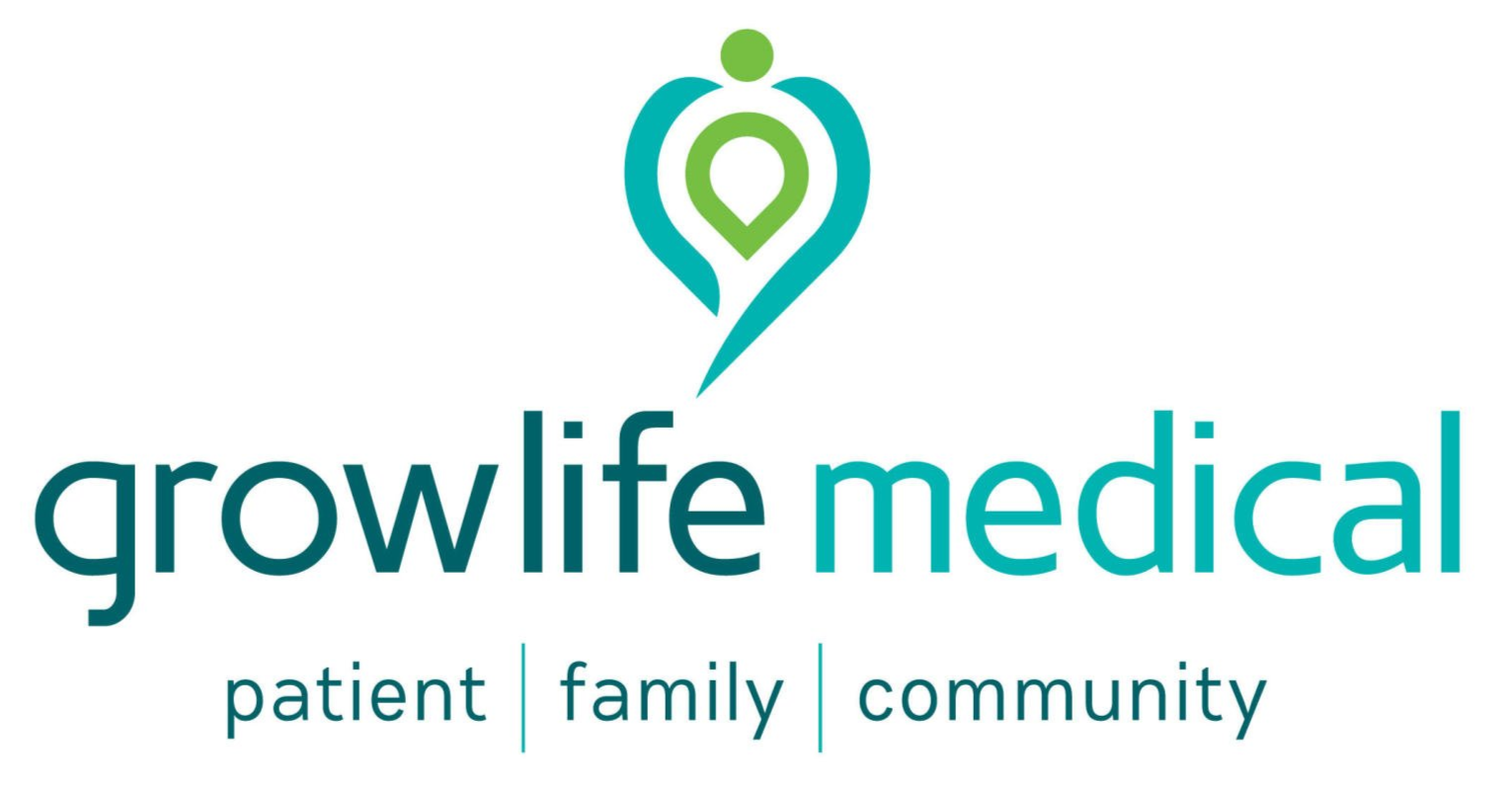What's The Deal With Toddler Milk?
You may have seen some recent articles about
toddler milk and the effect this can have on your child's health. We're here to give you a no-nonsense view - without any fear-mongering - from
Madison Ebert, our qualified Paediatric Dietitian.
What is Toddler Milk?
Toddler milk, also known as stage 3 or 4 formula, is an ultra-processed beverage formulated for children aged 1 to 3 years. Toddler milk typically consists of mostly milk powder and vegetable oils with the addition of various vitamins, minerals and other health promoting ingredients. While stage 1 (0-6 months) and stage 2 (6-12 months) formula are designed to meet 100% of your babies' nutritional needs when consumed in adequate volumes, toddler milk is not. It is designed to be used in combination with a healthy and varied diet as it is not nutritionally complete. In saying this, the World Health Organisation (WHO) and Australia's National Health and Medical Research Council (NHMRC) do not recommend the use of toddler milk in healthy toddlers1,2. Instead, they recommend a healthy variety across the five food groups, with water as the main fluid.
Toddler Milk Facts
- Toddler milk is NOT required as part of a healthy diet for children.
- After 12 months of age, children should be able to meet their nutritional needs through varied and nutritious diet rich in whole foods, including vegetables, fruits and dairy or calcium-fortified alternatives.
- For children aged 1-5 years, water and cow's milk are recommended as their main fluids, ensuring no more than 500ml of cow's milk each day.
- If there are concerns about low variety or picky eating, toddler milk should not be the first-line solution.

How should I manage fussy eating?
Fussy eating is very challenging to manage and requires a lot of patience and resilience. It is understandable that opting for toddler milk is a quick, easy, and usually well tolerated option. However, toddler milk is more expensive than cow's milk and often higher in sugar and calories. This means it can further reduce their appetite for wholefoods and strengthen their taste preferences for sweeter items.
To manage fussy eating, first-line solutions would be to prioritise eating family meals together as frequently as possible, where you can model eating skills and food choices. The goal should be a positive meal environment where they can explore new colours, flavours, and textures without excess pressure. If you are following these steps and still concerned about your little ones' intake, consider seeking support from a health professional as your next step.

But isn’t Toddler Milk the next step after breast feeding?
The marketing of toddler milk as a solution to fussy eating or as the 'next step' after weaning breast/bottles does not align with the WHO recommendations. The 'Marketing in Australia of Infant Formulas' is the voluntary code of practice for manufacturers of products for children up to 12 months. This code does not apply to products for children over 1 year, meaning the promotion of toddler milk is not restricted within Australia. From 12 months onwards, it is recommended to continue breastfeeding as along as desired with the use of water as the main fluid. Up to 500ml of cow’s milk per day is the only other recommended fluid, as your little one's other nutrient requirements should be met through variety across the food groups.
If there are specific food groups or nutrients your child is missing (i.e. low iron or inadequate fruit/vegetable) then seeking support from a GP or dietitian should be the next step. For more information regarding the marketing regulations, see this great post on toddler milk by Robyn Littlewood the CEO of Health and Wellbeing Queensland on LinkedIn: https://www.linkedin.com/pulse/truth-toddler-milk-robyn-littlewood-eut6c/.
Is it bad to give Toddler Milk?
I want to provide reassurance that toddler milk is not directly harmful and there should be no guilt or shame if you have been providing toddler milk to your little one. While they're not directly recommended, if consumed in appropriate volumes alongside a healthy and varied diet, these products should not have any negative health effects. For instance, if your little one loves a cup of toddler milk before bed then there is no need to rush to cut this out.
One thing to consider is if you’re viewing these products as support for an already healthy diet or if they’re a being used as a 'solution' to a more restricted intake. Our goal is to provide you with information so that every carer can make the informed choice to provide or not provide these products. If this article brings up any concerns for you, please consider seeking advice from your local health care professional.
Disclaimer: This information is NOT medical advice and is for informational purposes only. It is not intended to be a substitute for professional medical advice and should not be relied on as health or personal advice. Please book in with your Growlife GP or Madison, Paediatric Dietitian for individualised advice for your child at https://www.growmedical.com.au/bookings.
More Articles on Health & Wellness


Connect
Clinicians: please forward clinical correspondence via Medical Objects Secure Messaging. Fax no longer accepted.




